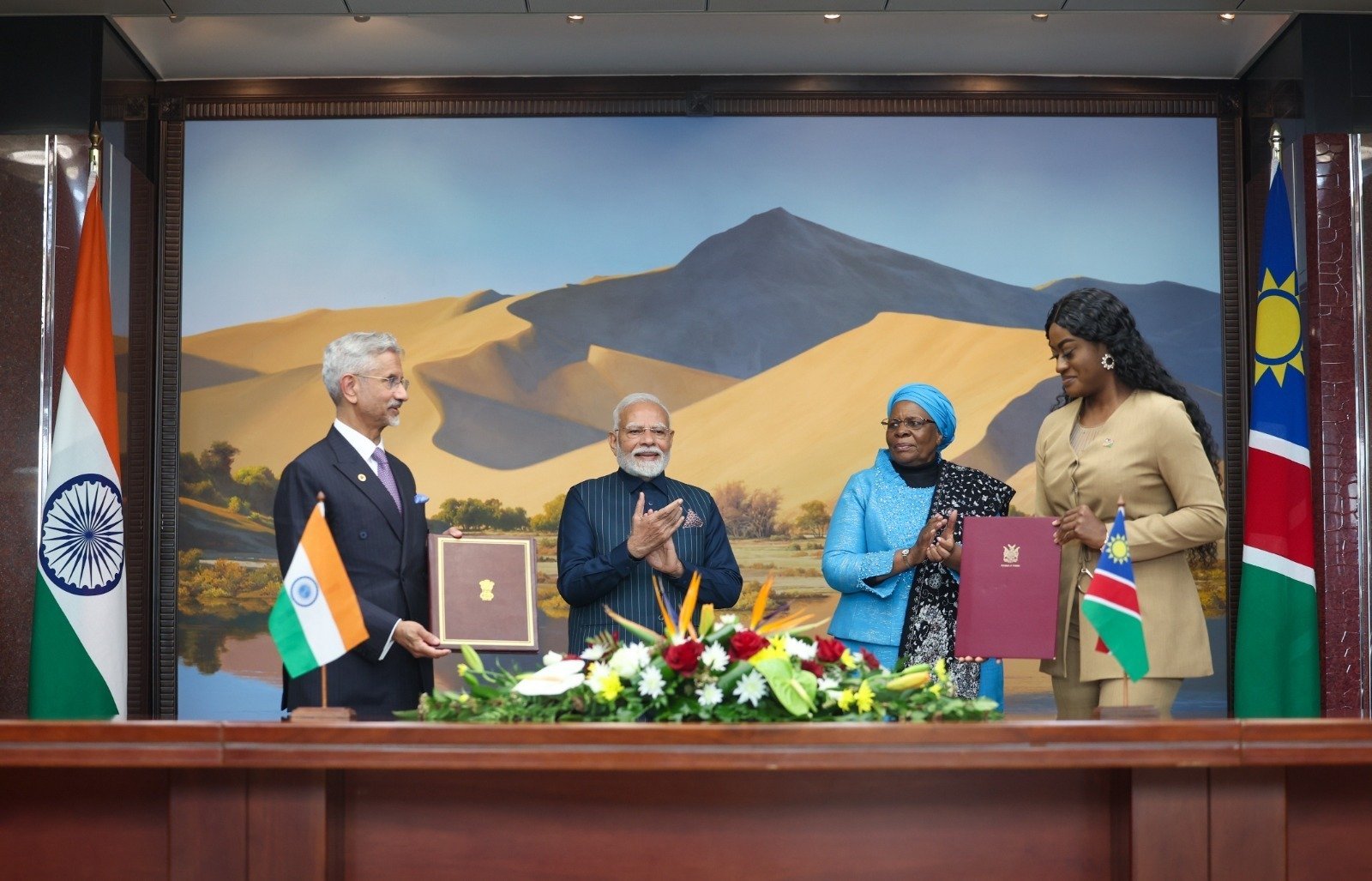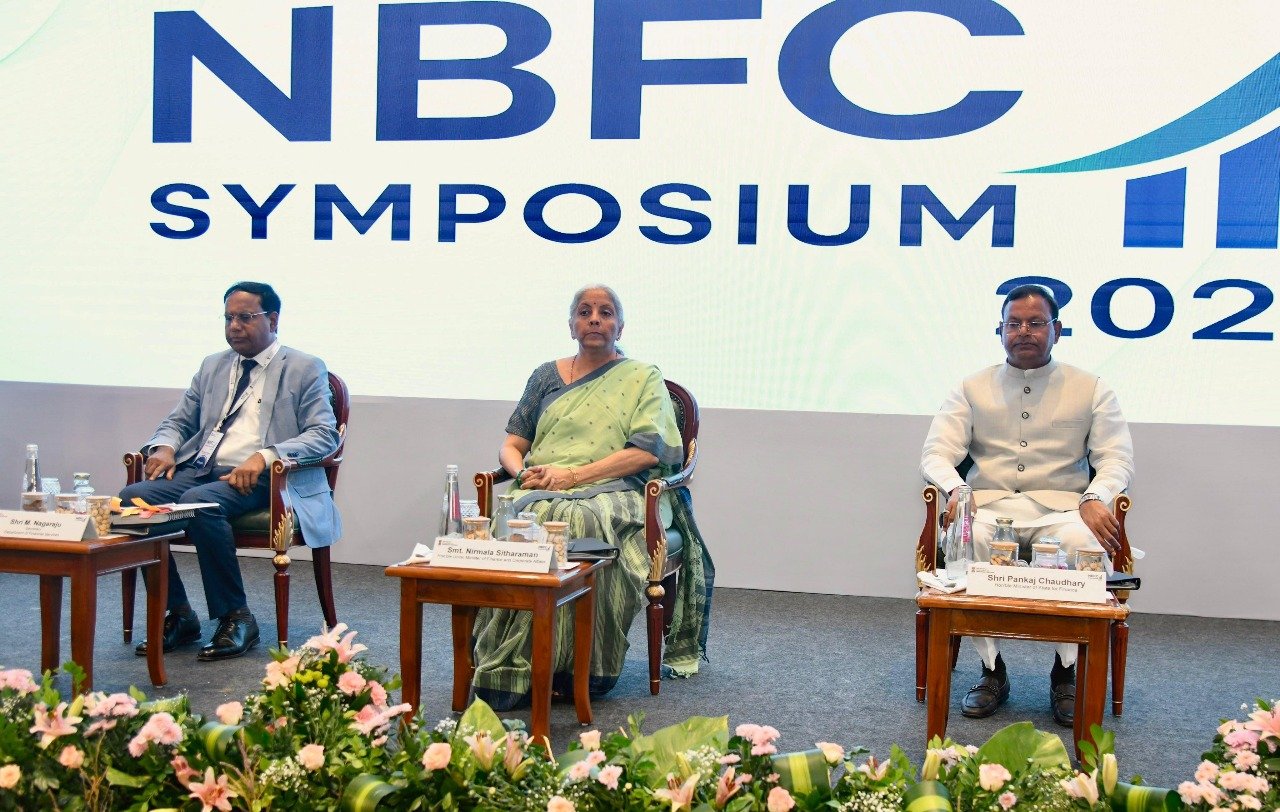 Official Emblem of the Municipality of Gaza – written as Gazzat Hashem at the top. The Arabs used to call it ‘Gaza’ and continue to refer to it as ‘Ghazzat Hashem,’ in honor of Hashem, the grandfather of Prophet Muhammad. He passed through Gaza during his summer commercial journey to the Levant, where he breathed his last and found his final resting place.
Official Emblem of the Municipality of Gaza – written as Gazzat Hashem at the top. The Arabs used to call it ‘Gaza’ and continue to refer to it as ‘Ghazzat Hashem,’ in honor of Hashem, the grandfather of Prophet Muhammad. He passed through Gaza during his summer commercial journey to the Levant, where he breathed his last and found his final resting place.HYDERABAD (RAHNUMA): The ongoing conflict in Gaza has garnered global attention due to its devastating impact on the civilian population, particularly on the children living in the region. Over 50% of the population in Gaza is comprised of children, making it one of the youngest regions in the world, with a median age of just 18-19 years old. This is a critical aspect to consider when evaluating the human toll of the conflict.
A significant factor contributing to the region’s political landscape is the 2006 election, in which only 7% of the population in Gaza participated. This low turnout can be attributed to the violence and displacement that plagued the region during that time. Of the 7% who participated, 58% voted in favor of the terrorist outfit Hamas. Consequently, the actual number of Hamas supporters in Gaza is calculated based on this small fraction of the population.
It is essential to note that the remaining 93% of Gazans did not vote for the Hamas regime. This data underscores the complexity of the political landscape in Gaza and the diversity of its population. Painting all Gazans with the same brush is neither accurate nor fair.
The conflict has also raised concerns about the strategies employed by both American and Israeli authorities. The suggestion that some elements in these nations are pushing a genocidal agenda is a matter of great concern. Moreover, there are allegations that Israel, in the past, indirectly contributed to the rise of extremist ideologies and antisemitism among the population through its involvement with Hamas.
Israeli Prime Minister Benjamin Netanyahu’s stated strategy to isolate Palestinians in Gaza from those in the West Bank by supporting Hamas has further complicated the situation.
Hamas proliferates antisemitism, Holocaust denial, and endorses genocidal extremist ideology against the entire Jewish peoples, and yet Netanyahu literally said, “anyone who wants to thwart the establishment of a Palestinian state needs to support strengthening Hamas. This is part of our strategy, to isolate Palestinians in Gaza from Palestinians in Judea and Samaria.”
Such an approach should raise ethical questions about Netanyahu’s doctrine of collective punishment, which is considered a war crime under international law.








